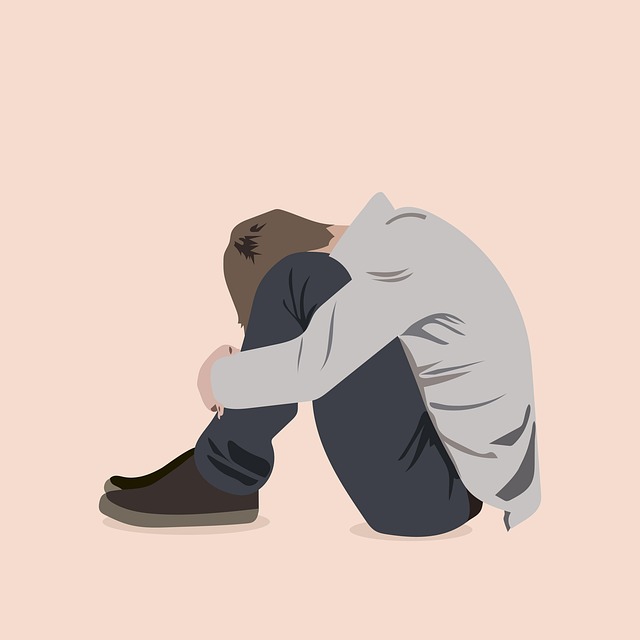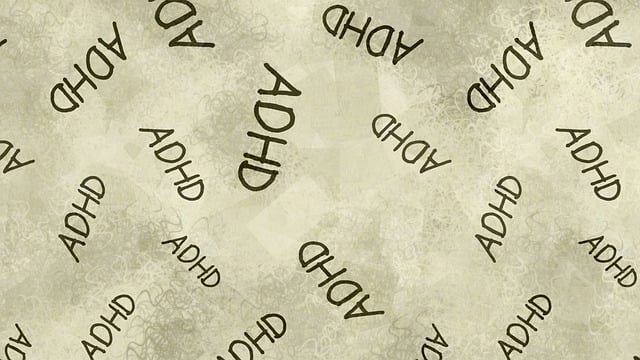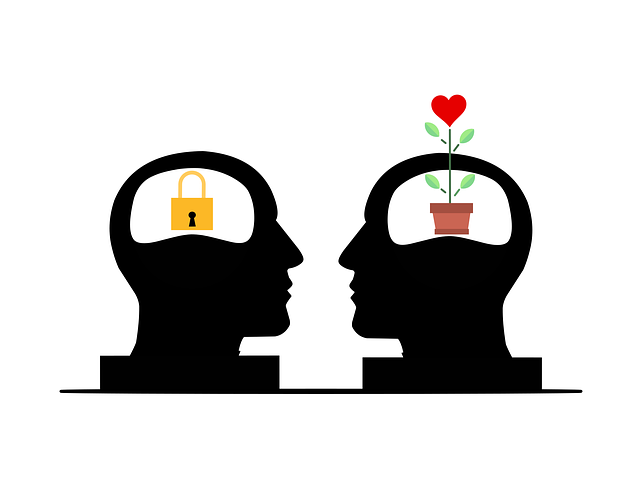Resilience, a key component of mental wellness, helps individuals overcome adversity and live fulfilling lives. The RFM framework, a powerful tool in Superior Drug Abuse-Substance Abuse Therapy, guides people toward enhanced mental health by focusing on Reliability, Functioning, and Meaning. Through journaling exercises, self-awareness practices, and self-esteem improvement, individuals gain tools to build resilience, break free from substance abuse cycles, and navigate life's challenges robustly. Structured Superior Drug Abuse-Substance Abuse Therapy programs integrating RFM principles, compassion cultivation, social skills training, and Mind Over Matter concepts empower clients with practical tools for long-term recovery and improved quality of life.
Resilience is a powerful tool in the face of adversity, especially when combined with effective substance abuse therapy. This article explores the RFM (Recovery, Flexibility, Mastery) model and its role in building mental resilience. We delve into the impact of substance abuse on an individual’s ability to cope, and how targeted exercises can strengthen their recovery journey. Furthermore, it provides insights into best practices for therapists, offering guidance on delivering superior Substance Abuse Therapy through RFM-focused programs.
- Understanding RFM: A Framework for Resilience
- The Impact of Substance Abuse on Mental Resilience
- Incorporating Resilience Building Exercises into Therapy
- Best Practices for Delivering Effective RFM Programs
Understanding RFM: A Framework for Resilience

Resilience is a critical component of mental wellness, enabling individuals to bounce back from adversity and lead fulfilling lives. The RFM framework—a powerful tool in substance abuse therapy—is designed to foster this resilience. RFM stands for Reliability, Functioning, and Meaning, each representing a distinct yet interconnected aspect of an individual’s life. Superior Drug Abuse-Substance Abuse Therapy leverages RFM to provide comprehensive guidance and exercise routines tailored to enhancing mental wellness.
Mental Wellness Journaling Exercise Guidance can be a valuable component of this process. By documenting experiences, emotions, and thoughts related to each RFM category, individuals gain invaluable insights into their strengths and weaknesses. This self-awareness exercise not only improves self-esteem but also helps in identifying areas needing improvement. Similarly, Self-Awareness Exercises and Self-Esteem Improvement techniques are integral to navigating life’s challenges, ensuring that individuals build a robust foundation for resilience that can withstand the most trying circumstances.
The Impact of Substance Abuse on Mental Resilience

Substance abuse significantly undermines mental resilience, creating a vicious cycle where challenging situations and emotions become more difficult to manage. The impact is twofold; firstly, it disrupts the development of healthy coping mechanisms, often replacing them with unhealthy behaviors that further isolate individuals from support systems. Over time, this can lead to heightened vulnerability in the face of stress, exacerbating existing mental health issues or triggering new ones.
Secondly, substance abuse alters brain chemistry and neural pathways associated with stress management, social interaction, and emotional regulation. This disruption hampers an individual’s ability to navigate life’s challenges, fostering a sense of isolation and further damaging their mental resilience. Superior Drug Abuse-Substance Abuse Therapy, coupled with Social Skills Training and Mind Over Matter Principles, can help individuals break free from this cycle. By addressing the root causes of substance abuse and providing tools for effective stress management, these exercises empower individuals to build lasting mental resilience.
Incorporating Resilience Building Exercises into Therapy

Incorporating resilience-building exercises into therapy offers a multifaceted approach to Superior Drug Abuse-Substance Abuse Therapy. These practices extend beyond traditional talk therapy, empowering individuals with practical tools to navigate life’s challenges. By integrating techniques such as compassion cultivation and social skills training, therapists can facilitate clients’ ability to manage stress effectively, foster positive relationships, and build a strong foundation for long-term recovery.
Resilience-focused interventions encourage clients to cultivate coping mechanisms that promote emotional well-being and enhance their overall quality of life. For instance, compassion cultivation practices teach individuals to be kinder and more understanding towards themselves and others, which can mitigate the impact of past traumas and reduce the risk of relapse. This holistic approach recognizes that building resilience is not just about overcoming adversity but also about fostering personal growth and cultivating a sense of purpose.
Best Practices for Delivering Effective RFM Programs

Implementing effective RFM (Resilience, Flexibility, and Mindfulness) programs requires a structured approach to maximize their impact on participants’ lives. Firstly, tailor the curriculum to suit diverse needs; this can be achieved by incorporating various exercises that cater to different learning styles. For instance, group discussions, interactive workshops, and individual reflection sessions can all contribute to a comprehensive RFM experience. Secondly, ensure that the facilitators are well-trained and empathetic, fostering an environment of trust and openness where participants feel safe exploring sensitive topics.
Best practices also emphasize the importance of regular feedback and assessment. By evaluating the program’s effectiveness, you can make necessary adjustments and improvements over time. Encouraging ongoing mental wellness coaching programs development and emotional healing processes through peer support groups or one-on-one sessions further enhances the benefits of RFM training. Ultimately, integrating Mind Over Matter principles can empower individuals to cultivate resilience, enabling them to navigate life’s challenges with greater ease and adaptability, even in the face of substance abuse therapy.
Resilience is a powerful tool in the fight against substance abuse. By understanding the RFM framework and implementing effective resilience-building exercises, therapists can empower individuals to navigate life’s challenges with greater strength and flexibility. These practices, when delivered with best practices in mind, offer a promising approach to enhancing mental resilience, particularly for those struggling with superior drug abuse-substance abuse therapy. Through dedicated programs that address the root causes of vulnerability, individuals can develop the skills needed to withstand stressful situations, promote positive coping mechanisms, and achieve long-lasting recovery.














